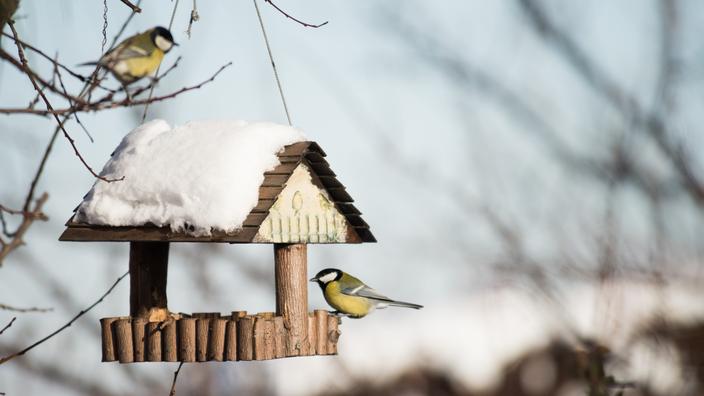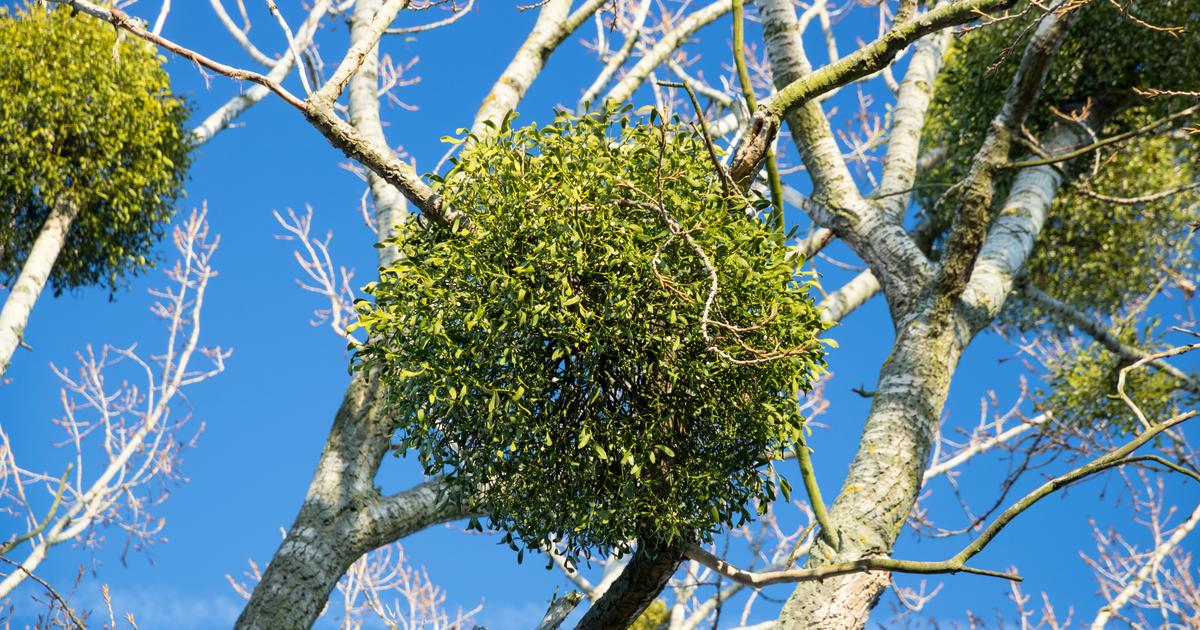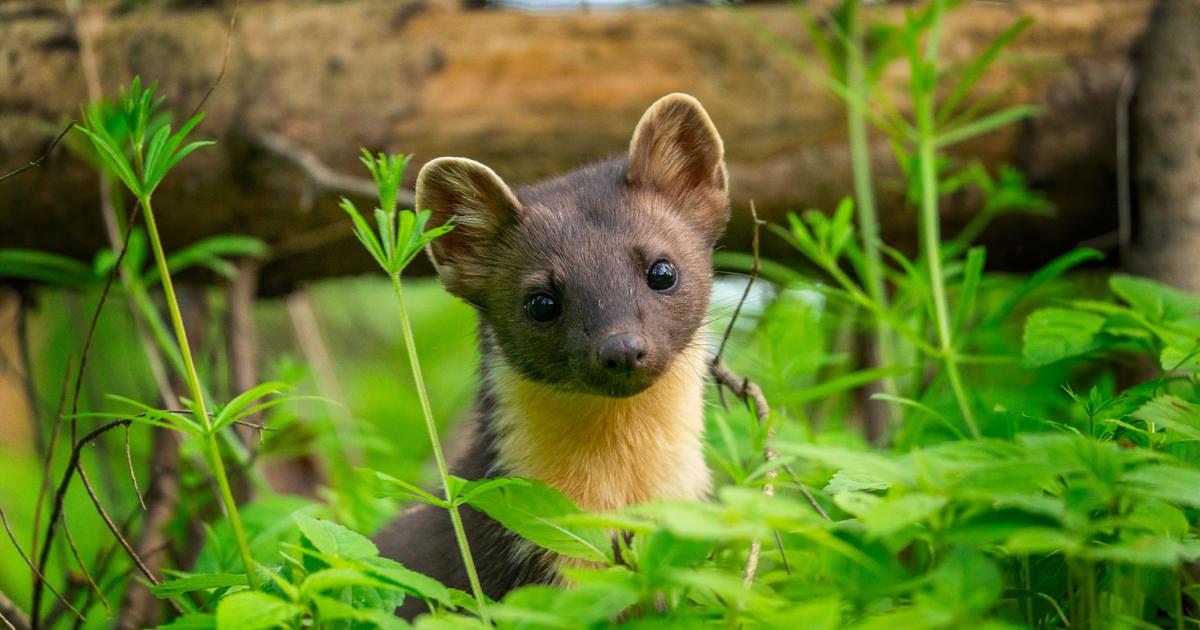Winter
is a harsh season for
birds
.
Offering them food is therefore a good way to help them.
Be careful, however, to follow a few precautions, because certain eating habits can be harmful to their health.
To discover
Fence and neighborhood: what does the law say?
Why feed the birds during the winter?
Birds are
autonomous animals
, which feed mainly on insects, seeds, larvae, fruits, etc.
But during the winter period, these birds who do not fear the cold fear the lack of food.
Short days reduce their foraging times.
Frost and snow prevent them from reaching the ground or water, which makes it difficult to find the berries, worms or insects necessary for their food ...
When to feed the birds?
It is advisable not to
feed the birds too early
in the winter.
To install feeders, nest boxes and other fat balls, it is better to wait for the first frosts, when food becomes naturally difficult to access.
The favorable period will therefore depend on the region in which you live.
For the regions of northern France, distribution may begin around mid-October.
For the southern regions, it is advisable to wait until the beginning of November, due to the milder temperatures.
What to feed the birds?
Birds need a rich diet in winter.
stock.adobe.com
In winter, birds burn a large number of calories to maintain their body temperature.
They therefore need a
rich diet
.
seeds: sunflower, cracked wheat, millet, oats, hemp seed, cracked corn, etc.
peanuts: shelled or in shell
dried fruits: hazelnuts, walnuts, shelled or crushed almonds
fruits: apples, pears
fat: vegetable or margarine in blocks or columns, based on rapeseed oil
Please note, all the seeds listed in the list must not be roasted or salted.
Beware of prohibited foods
Even if many birds are omnivorous (crow, pigeon, woodpecker, robin, etc.), you should not give them just anything.
Some foods can be
toxic
.
It will therefore be necessary to be vigilant.
Do not give them:
leftovers from our meals.
pits or seeds: they contain cyanide which is toxic or even fatal for birds.
dry bread, rusks or leftover pastry: they cause swelling and cause digestive disorders
milk: causes potentially fatal digestive disorders.
chocolate: it is an alkaloid responsible for digestive, cardiac and nervous disorders.
honey: contains bacteria responsible for botulism (neurological disease).
raw potato: contains a toxic alkaloid which is responsible for digestive disorders.
Where to put the food?
In order to avoid any bad encounter (cat, dog, fox and other predators), it is recommended to
place the food in height.
It is best to install feeders, bird boxes or fat balls on trees and in open places so that the birds are not attacked by surprise.
If possible, fix the food securely, in a place where it will be protected from the wind and will not risk taking water.
You should never put too much food in, it could get wet and rot.
In addition, it is important to clean feeders regularly to avoid the risk of contamination and epidemics.
When to stop feeding birds?
It is recommended to stop feeding the birds once the
periods of extreme cold have ended
.
This transition will allow them to resume their food hunting habits until the arrival of spring.
Indeed, once spring returns, the birds begin building nests to lay their eggs.
It is therefore important that it no longer depends on a feeding place.
Because the food we bring them can be fatal to the young.









